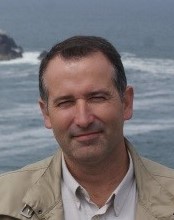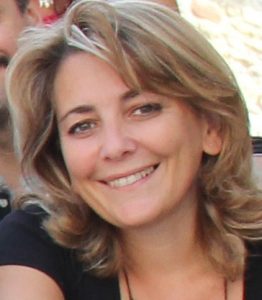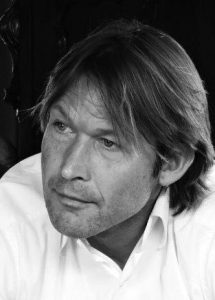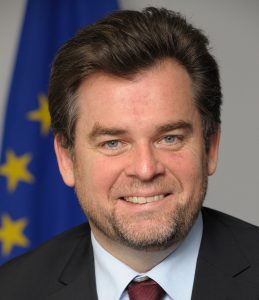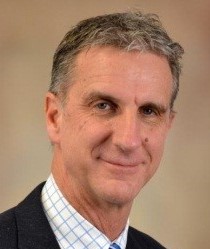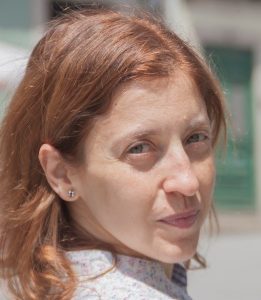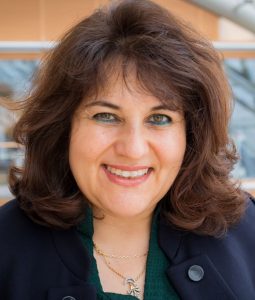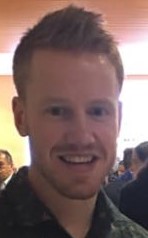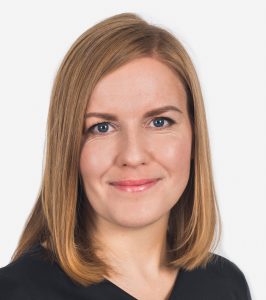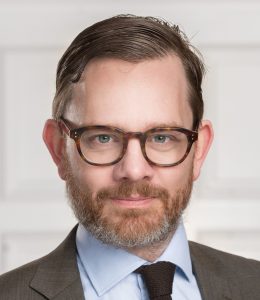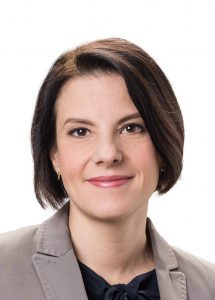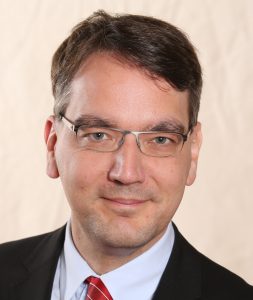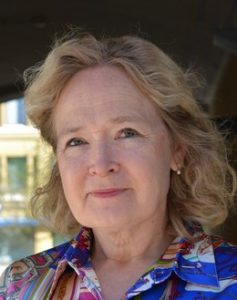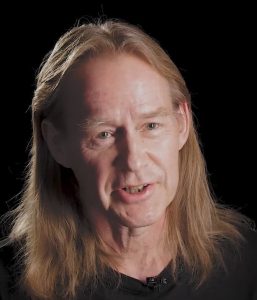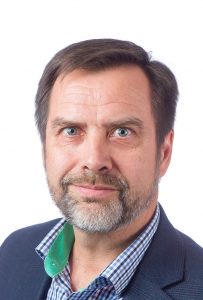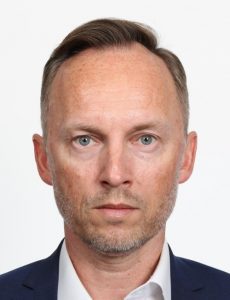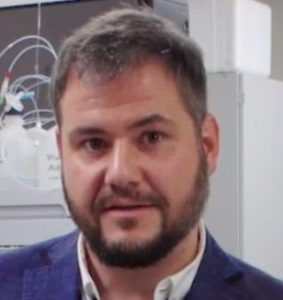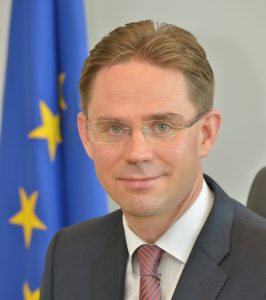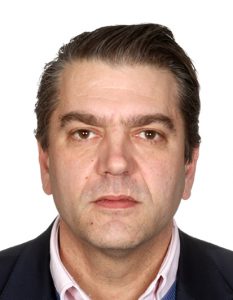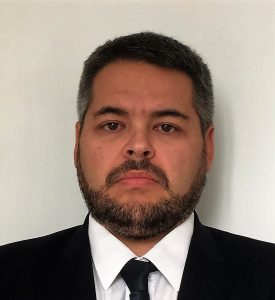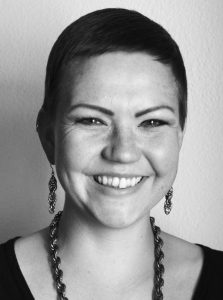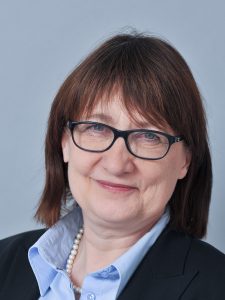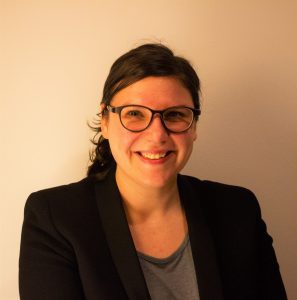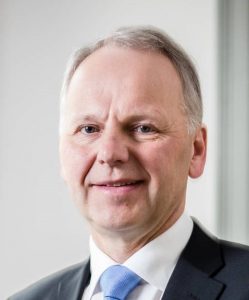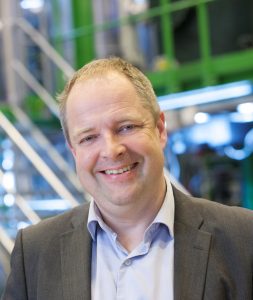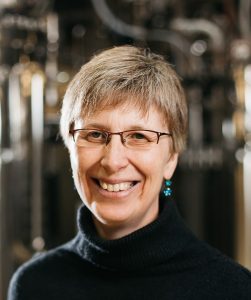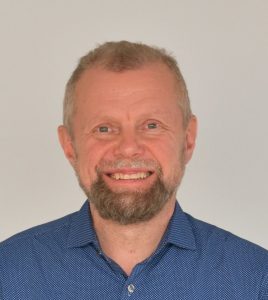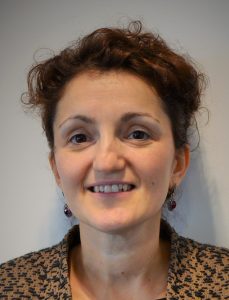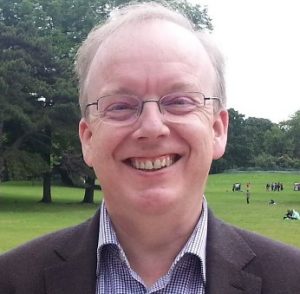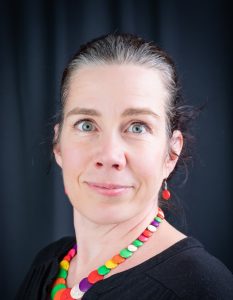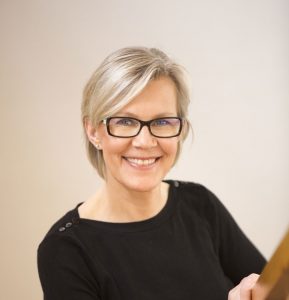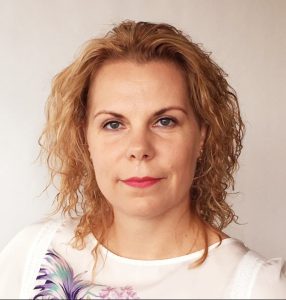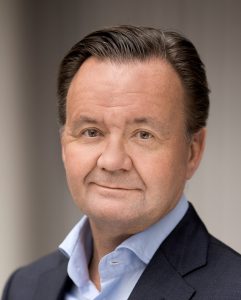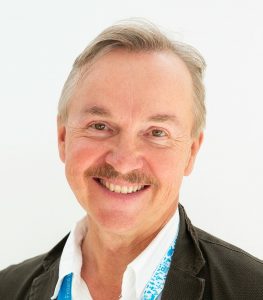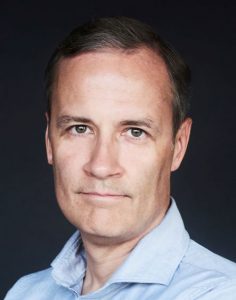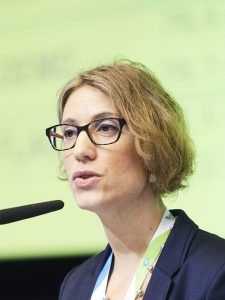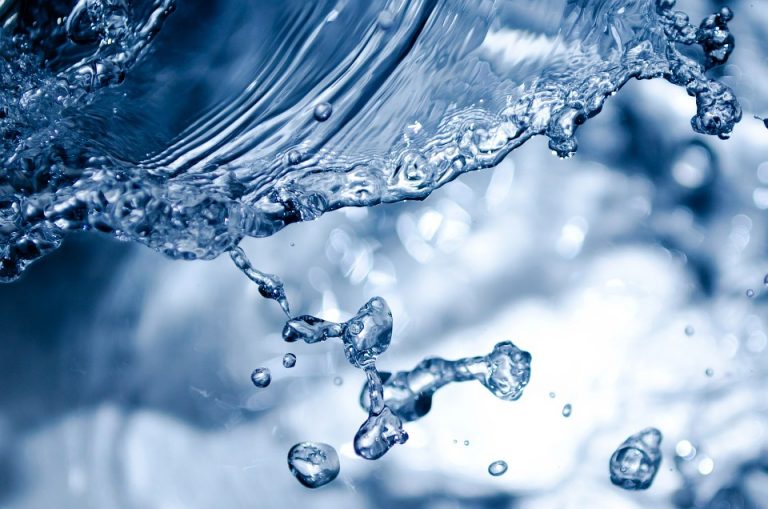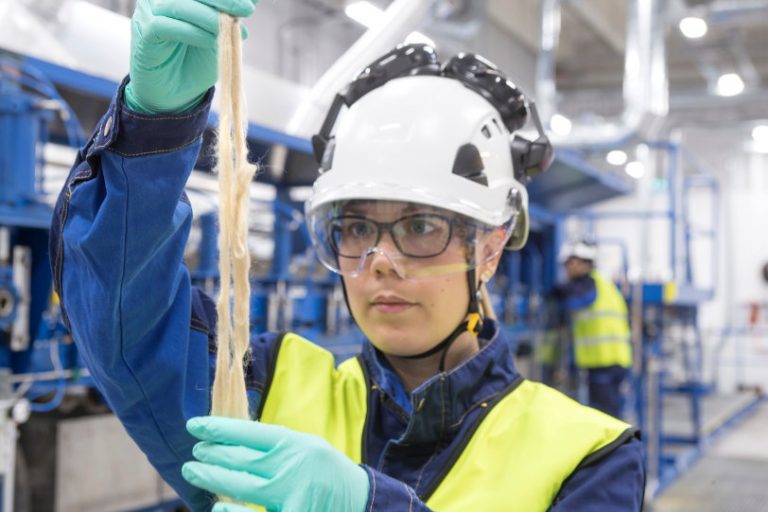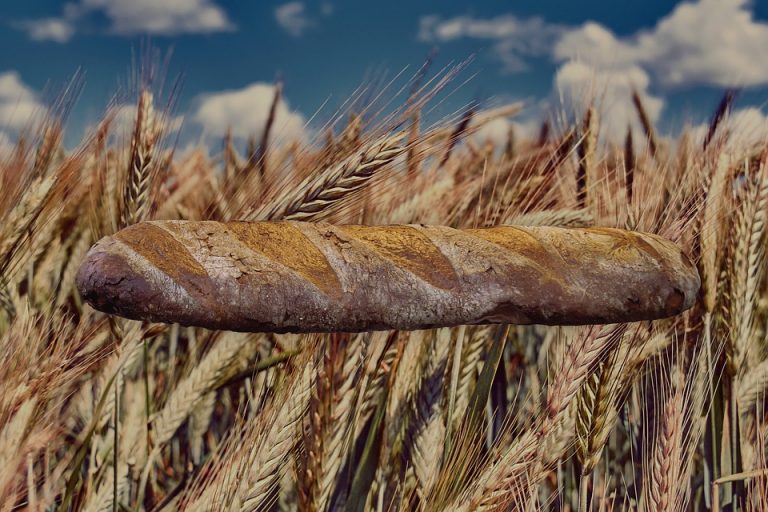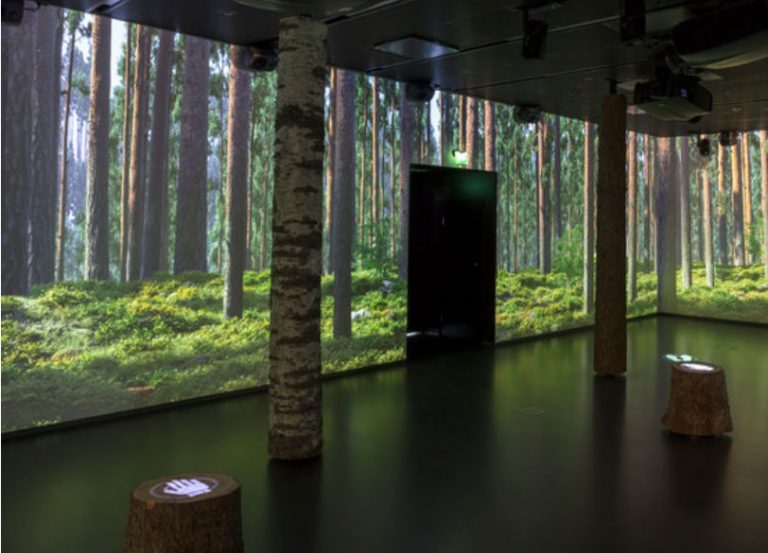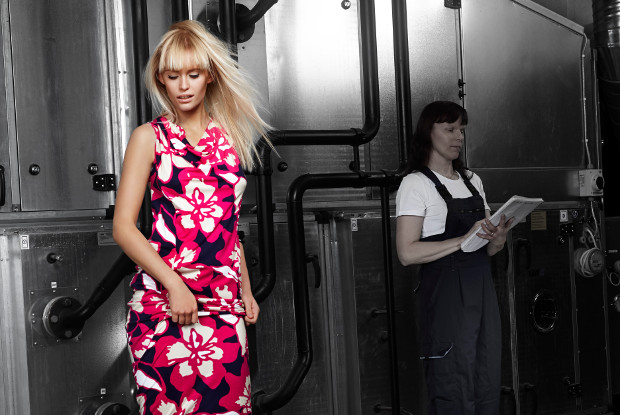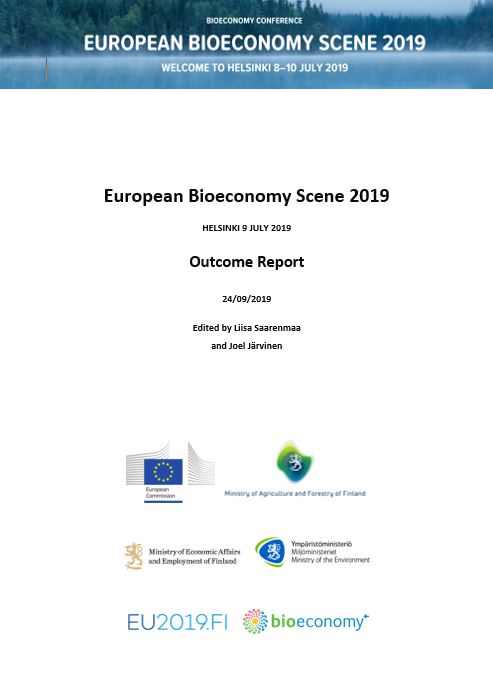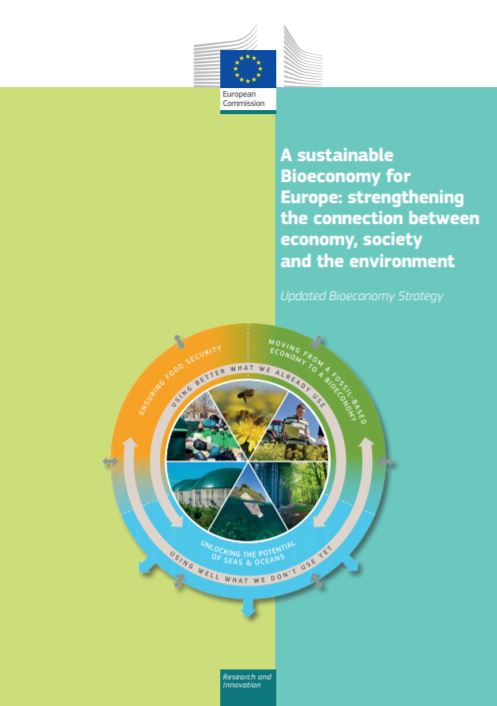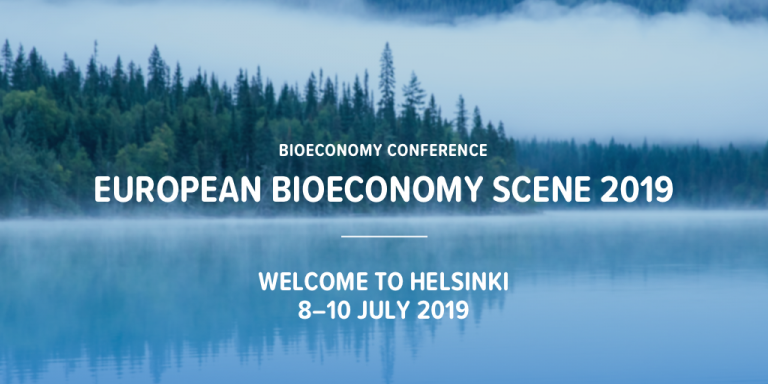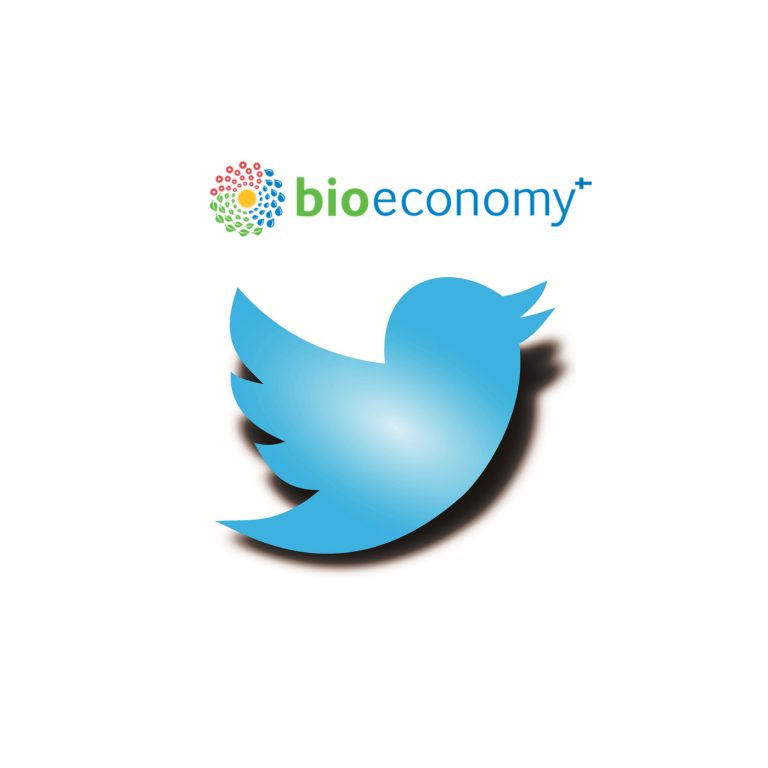1. CIRCULAR BIOECONOMY
Location: Helsinki Capital region / Time: 8.30 – 16.00
Companies combining the concept of a bioeconomy and the circular economy are well represented in the capital region. During the day, we will visit the largest wastewater treatment plant in the Nordic countries in Viikinmäki, the Ämmässuo waste treatment plant, and Wood City in the Jätkäsaari district of Helsinki. We will also learn about nutrient cycling and new food production methods.
Bus transport is provided for the excursion. After the last stop, the bus will take participants to the airport or back to the city centre.
Excursion programme
2. CIRCULAR BIOECONOMY 2
Location: Helsinki Capital region / Time: 8.30 – 16.00
Companies combining the concept of a bioeconomy and the circular economy are well presented in the capital region. During the day, we will visit the largest wastewater treatment plant in the Nordic countries in Viikinmäki, the VTT Food research team and an innovation and the demonstration platform for bioeconomy and circular economy businesses (VTT Bioruukki).
Bus transport is provided for the excursion. After the last stop, the bus will take participants to Helsinki Airport or back to the hotel.
Excursion programme
3. RESEARCH AND DEVELOPMENT
Location: Helsinki Capital region / Time: 8.30 – 16.00
On this excursion, we will visit companies engaged in research and development. We will be introduced to different innovations such as an innovation and demonstration platform for bioeconomy and circular economy businesses (VTT Bioruukki), the use of bio-based materials, for example lignocellulose for packages, the development of new bio-based products (Stora Enso), the development of new businesses in a forest-based bioeconomy (Metsä Spring), and ecological and economical manufacture of microcrystalline cellulose (AaltoCell™).
Bus transport is provided to all the sites. After the last stop, the bus will take participants to the airport or back to the city centre.
Excursion programme
4. REGIONAL BIOECONOMY
Location: Lahti / Time: 8.30 – 16.30
The excursion to the City of Lahti, about a one-hour drive from Helsinki, offers a chance to see some good practises in the bioeconomy and circular economy. The Päijät-Häme region is one of the bioeconomy clusters in Finland. It is also one of the regions in the BIOREGIO project financed by European Union. The Bio-byproduct committee of the Päijät-Häme Grain Cluster focuses on exploring opportunities to increase the efficiency of side streams from production. Other stops in Lahti include the Kujala waste treatment site with a recycling and reuse ecosystem and Stora Enso’s innovative packaging factory.
Bus transport is provided for the day. We will return to Helsinki after the last stop and the bus will take participants to the airport or back to the centre of Helsinki.
Excursion programme
5. FOREST-BASED BIOECONOMY
Location: Äänekoski / Time:
Departing: 9 July, Train Helsinki–Jyväskylä (departure 19.04, arrival 22.27)
Returning: 10 July, Train Jyväskylä–Helsinki (departure 19.17, arrival 22.54)
This excursion will take you to Äänekoski, in central Finland. We will visit Pro Nemus, which is Metsä Group’s visitor centre, where we will be introduced to a cross-section of their operations, products and opportunities offered by the bioeconomy. We will also have a chance to visit Metsä Fibre, the first next-generation bio-product mill in the world, and a local forest, and we will be introduced to other forest-based bioeconomy business sectors in the area.
Excursion programme
6. ADVANCED BIOECONOMY
Location: Joensuu / Time:
Departing: 9 July, Train Helsinki–Joensuu (departure 18.30, arrival 23.00)
Returning: 10 July, Train Joensuu–Helsinki (departure 18.15, arrival 23.06)
This excursion will take you to Joensuu in eastern Finland where you will have a chance to become familiar with advances in bioeconomy. The city’s university and science park are well known for their innovative solutions in different ecosystems, from forest research to digitalised heavy machinery. The University of Eastern Finland, the Natural Resources Institute Finland, the European Forest Institute and Business Joensuu will present their activities. A side trip will be made to Enocell Mill, which produces bleached hard wood pulp, soft wood pulp and dissolving pulp for the textile industry.
Excursion programme
